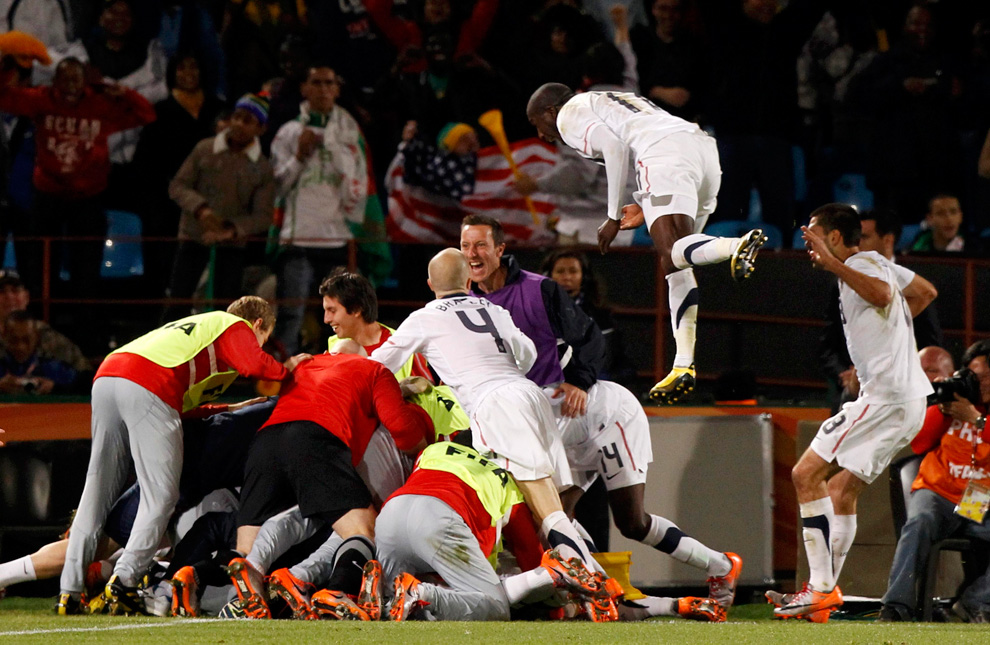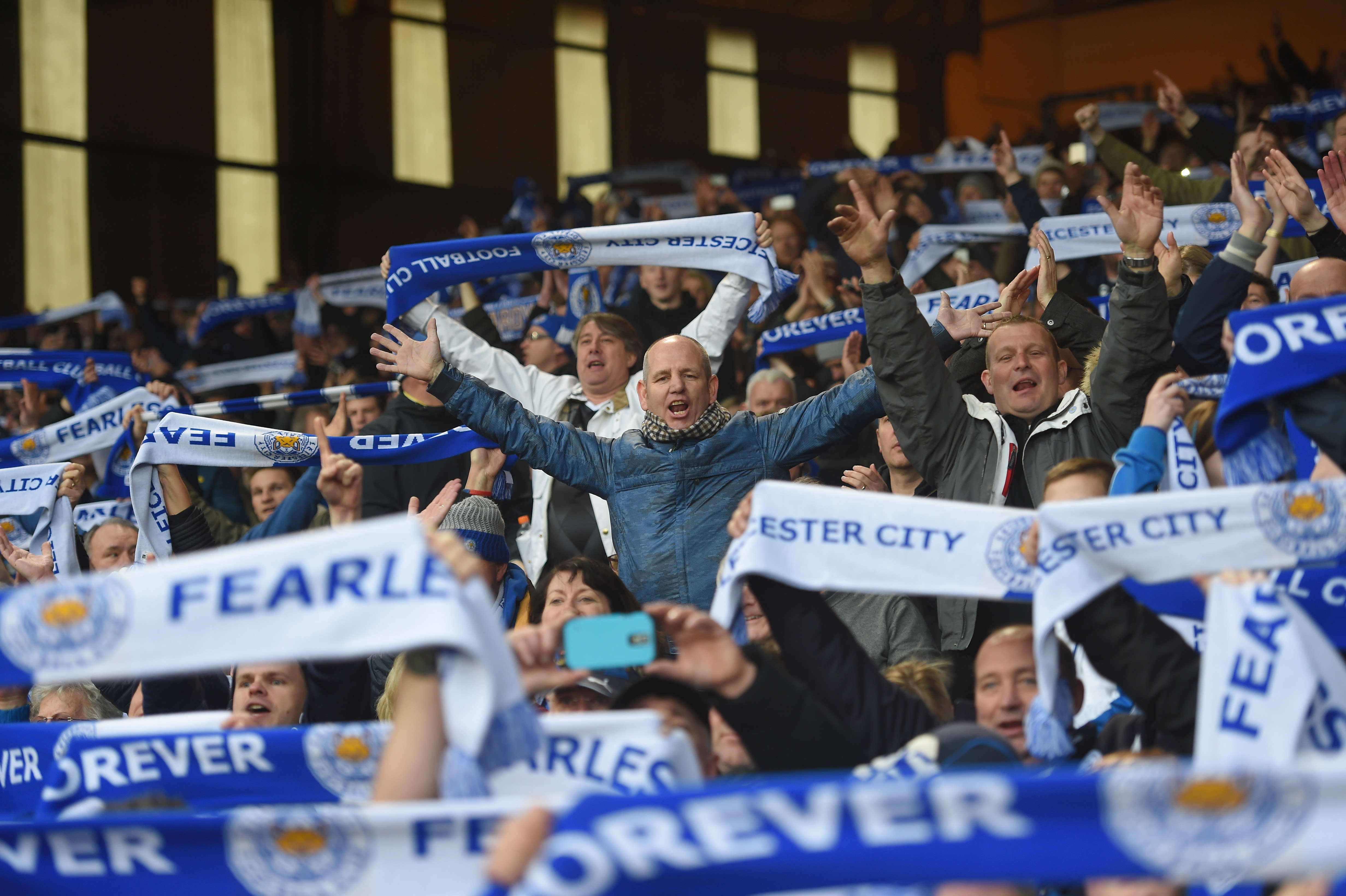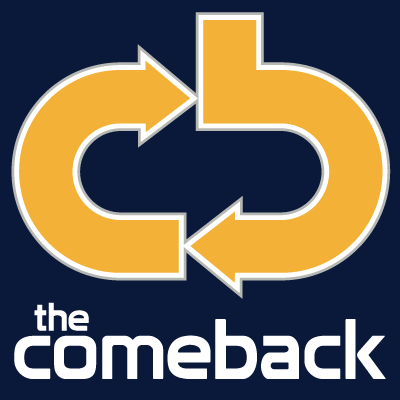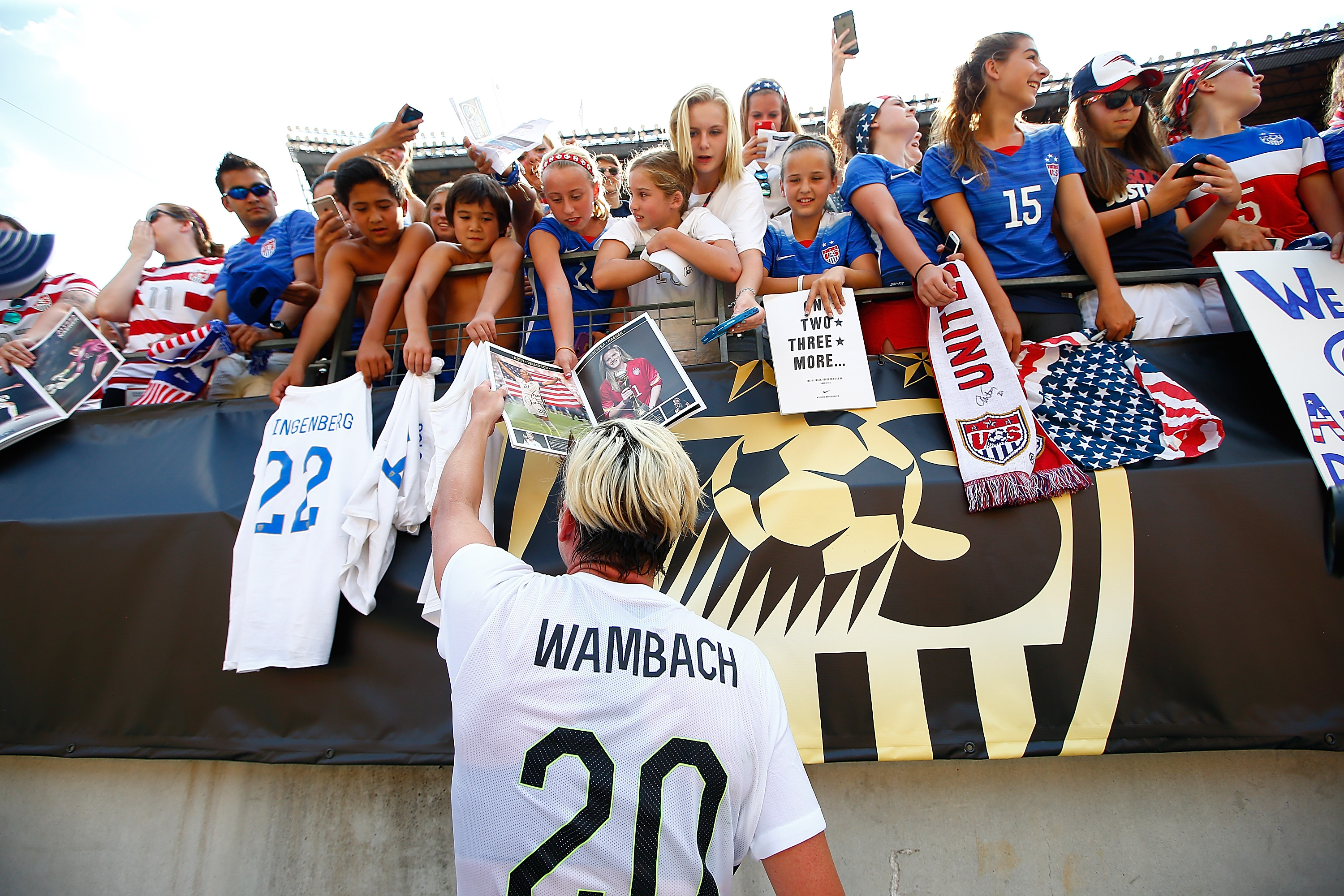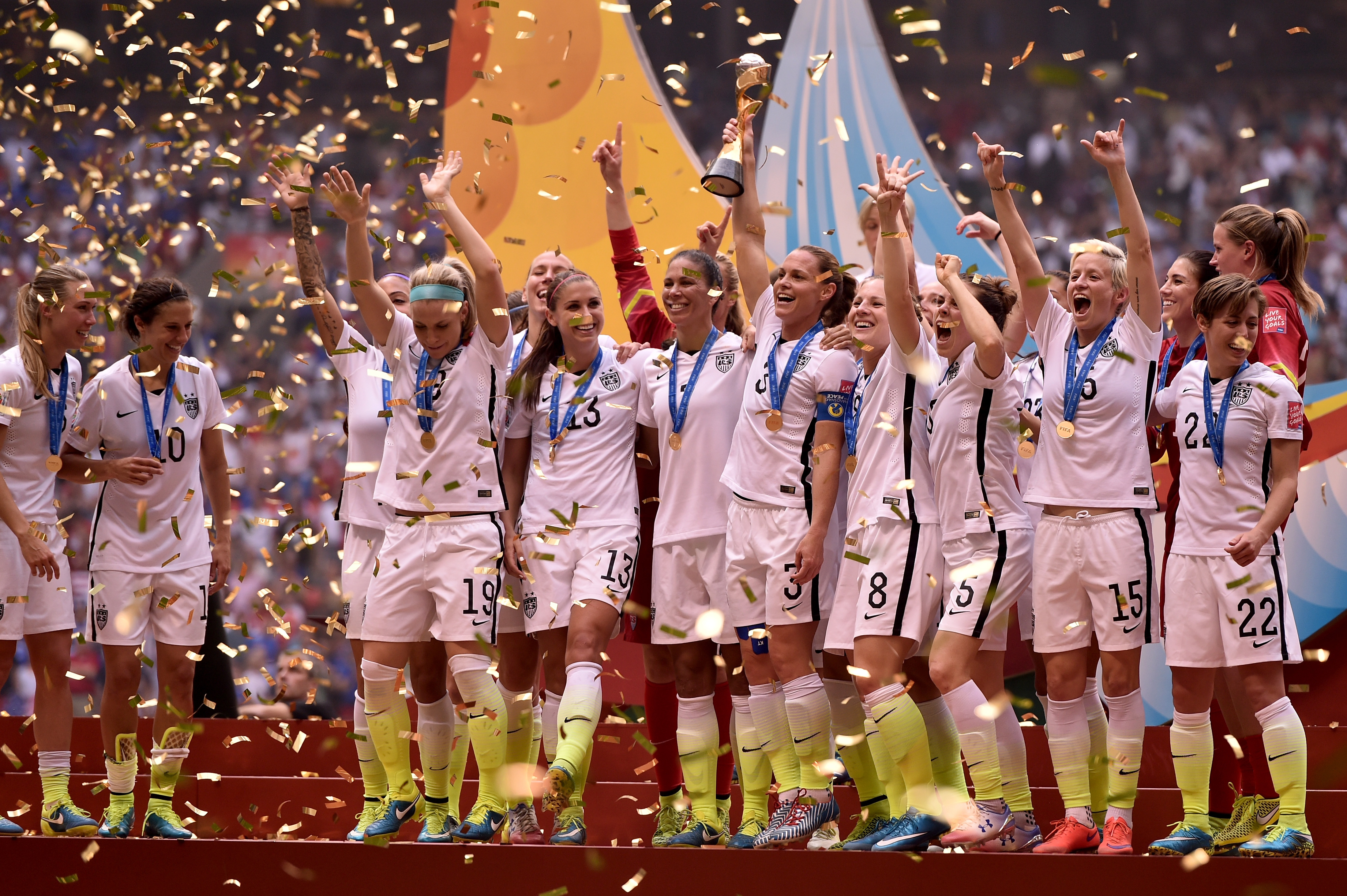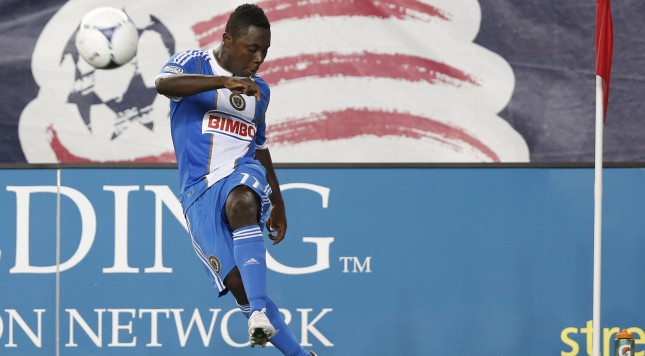This morning, the NASL’s Tampa Bay Rowdies announced that they had fired highly popular manager Thomas Rongen after a start of 2-1-5 in the Fall season. Rongen was instrumental in signing Freddy Adu with hopes of finally turning his career around after so much hype as a teenager. Rongen was the USMNT U-20 manager and worked with Adu before so this looked like a great partnership.
Alas, Rongen was sacked and Adu is now without the man who has worked with him. I didn’t notice this but thanks to SI Now’s Alexander Abnos, he pointed out on Twitter (@AnAbnos) something that may have contributed to Adu’s lackluster 13 team (and potentially counting) career.
On average, Freddy Adu’s club tenures last ~4 months before the manager that acquired him is fired or leaves. pic.twitter.com/rvs2HEbAm4
— Alexander Abnos (@AnAbnos) August 21, 2015
Now Abnos points out, and I agree, that having to adjust to different managers is a part of soccer and managers do get fired, so having to adjust to different styles and managers is a necessary skill to have. Even so, this seems like a lot of managerial changes that Adu had to go through at such a young age and I can’t say that that helped his career. It also could mean that Adu was a sort of “kiss of death” for managers who dared sign him.
In the beginning of Adu’s career, his managers stayed for a while. When he started his career at DC United, Peter Nowak was together with Adu for 1,060 days before Adu was traded to Real Salt Lake. At RSL, John Ellinger was fired afer 144 days. Okay, a little less than five months isn’t ideal but not too bad. Altogether, in this MLS stint, Adu was with his original manager an average of 602 days. That’s a pretty good amount of time to be with the manager who originally wanted you.
Once Adu went to Europe, the average went down a bit After going to Benfica in 2007, and enjoying loan spells at Monaco, Belenenses (POR), Aris (GRE) and Caykur Rizespor (TUR) until 2011, Adu was with his original manager at this time for an average of 139 days. Added with the MLS stint and at this point in his career, his average went down to 272 days. After coming back to Nowak and the Philadelphia Union for 306 days until Nowak got fired, the total average over his career from 2004-2013 was 276 days.
After the Union and Adu left the United States, things got very rough. His last four teams in his career, Bahia (BRA), Jagodina (SER), Kups (FIN) and Tampa Bay, he went 13, 54, 27 and 38 days respectively with his original manager. All of that added up, he had only been with his original manager for a total of 194 days or a little over six months. And keep in mind, that includes a long stint at DC United that makes this number look even better. Take that out and it’s 116 days which is around four months. With all that turnover and having to adjust to many different managers and their styles, particularly for a young player who (at least in Europe) has to adjust to a completely different land during his late teens and early 20’s, I’m not surprised he has struggled in his career.
So is that the reason why Freddy Adu’s career hasn’t turned out as it maybe should’ve been? It’s really tough to say. This is definitely a big reason why. Another reason why is because he became a professional at 14 and everyone within US Soccer at the time had wild ideas about him being “the next Pele” and the future of the USMNT while he hadn’t even finished puberty. Let me know the last time giving a 14 year old insanely unrealistic expectations actually worked out for them?
Another reason why is that he went to Portugal at 18 and had to adjust to a new land with language and culture barriers as well as having to be the savior of American soccer, again, to face unrealistic expectations and hype. There wouldn’t be too many players who could perform any better in this situation at that age. Then, like a snowball, all of this just added and added as the snowball went down the hill and now here we are seeing a 26 year old who is trying to get it back, playing in the second division of US soccer as he’s entering his prime. This is the perfect situation of the straight A, high honors high school student who gets into an Ivy League school and then melts down at some point during or after college because they underwent so much pressure to be a success. I’m not saying it isn’t good to strive for better things but if it’s unrealistic, it could mean negative consequences.
Now, the great thing about Adu is that he’s still 26. It may look as if he’s had a 20 year career because it seems like there hasn’t been a day that goes by when we didn’t know who Freddy Adu was, but he’s only 26. He is entering the prime of his career and can still get his career back on track. The pressure is pretty much gone and now the fight for him is to shred that stigma of being known as a “bust.” Does he get it back? That’s up to Freddy Adu and only Freddy Adu. His benefit is that he still has time.

